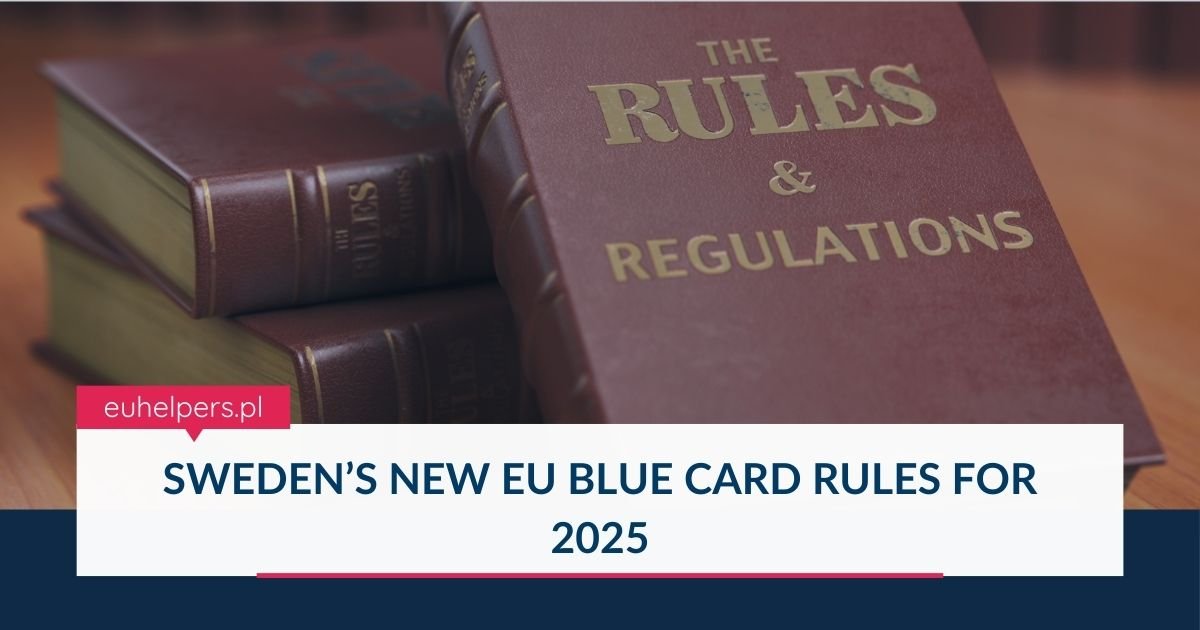Starting January 1, 2025, Sweden will implement updated EU Blue Card regulations, making it more accessible for highly skilled non-EU professionals to live and work in the country. These changes aim to attract global talent by lowering salary thresholds, simplifying the application process, and providing greater job flexibility.
Key Changes in the 2025 EU Blue Card Policy
Sweden’s new rules introduce several improvements that benefit skilled workers:
- Lower Salary Requirement: The minimum salary has been adjusted to 1.25 times Sweden’s average salary, which is approximately SEK 49,875 per month.
- Shorter Employment Contract Requirement: Applicants now need a minimum six-month employment contract, reduced from the previous 12-month requirement.
- Greater Job Flexibility: EU Blue Card holders can change jobs without applying for a new Blue Card, though they must notify authorities.
- Easier In-Country Applications: Some residence permit holders and current EU Blue Card holders from other EU countries can now apply while already in Sweden.
- Faster Processing Times: The estimated processing time is around 3–4 months.
- Pathway to Permanent Residency: Holders are eligible for permanent residency after 33 months, or 21 months if they demonstrate Swedish language proficiency.
- Family Benefits: Spouses of EU Blue Card holders can work in Sweden without restrictions.
Why Sweden?
With a strong economy, high living standards, and a thriving tech industry, Sweden is an attractive destination for skilled professionals. The updated EU Blue Card policy enhances Sweden’s ability to compete for international talent by offering a more flexible and accessible immigration pathway.
If you’re considering working in Sweden, this is an excellent opportunity to take advantage of the new, streamlined application process. For detailed eligibility requirements and application procedures, visit the Swedish Migration Agency’s official website.

